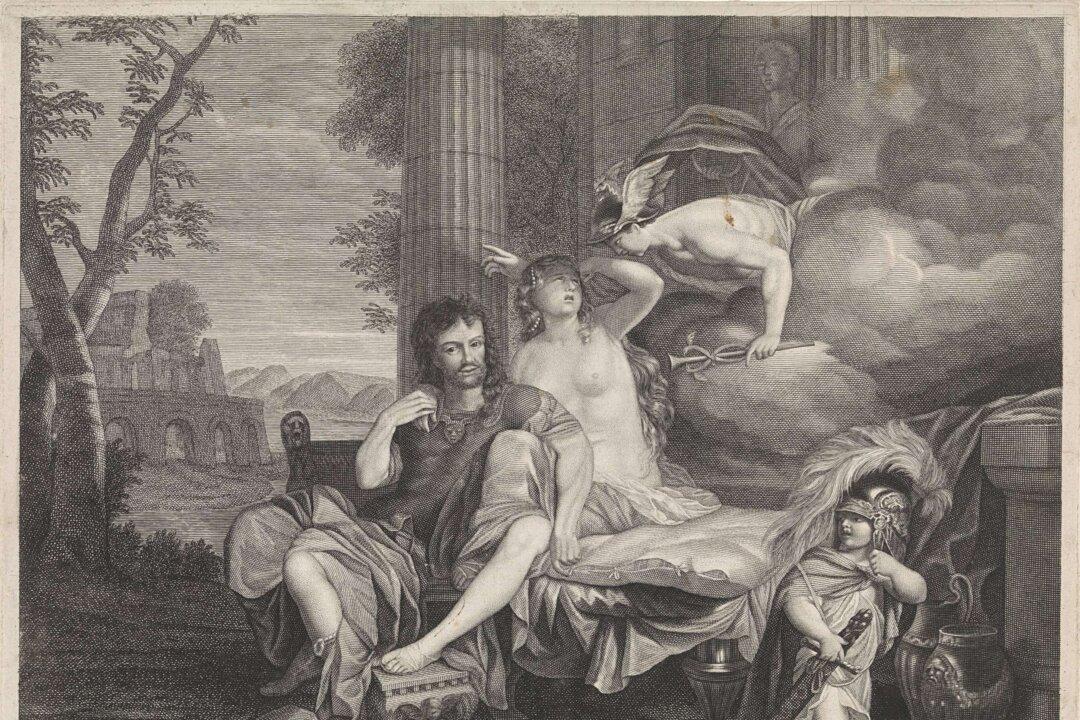We left Odysseus at type Three on the Enneagram almost totally destroyed. His ship and crew were completely so, and he himself is hanging on by a thread to life on some makeshift raft from his boat’s wreckage, drifting away from the whirlpool, Charybdis, and lost on the high seas. He has deceived himself about his own capabilities, and along the way deceived his men, and this is the result of such self-deception.
Now, Odysseus drifts for nine days until he is washed up on the island of Ogygia.






